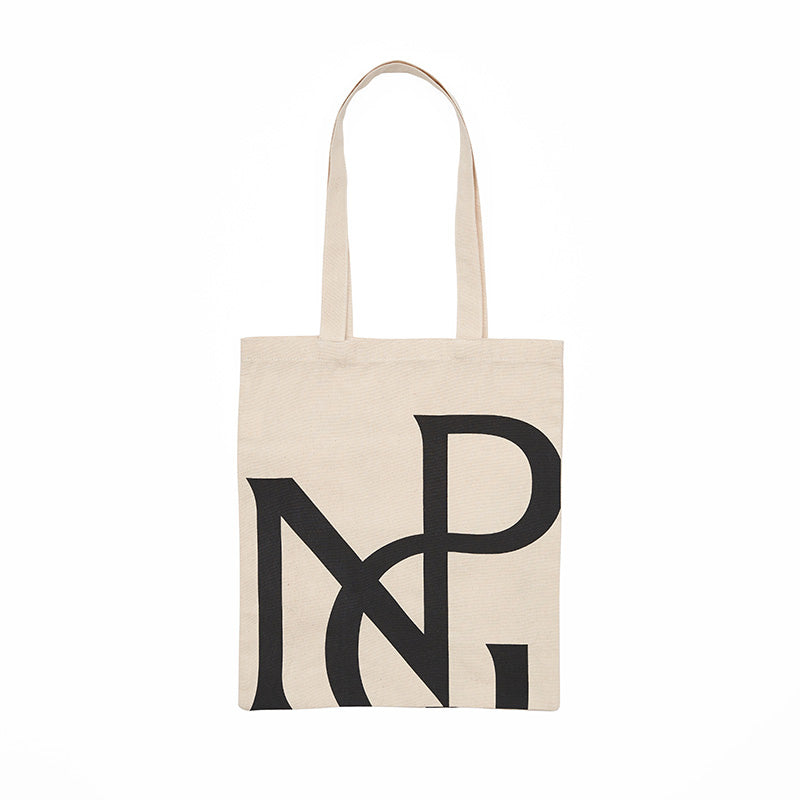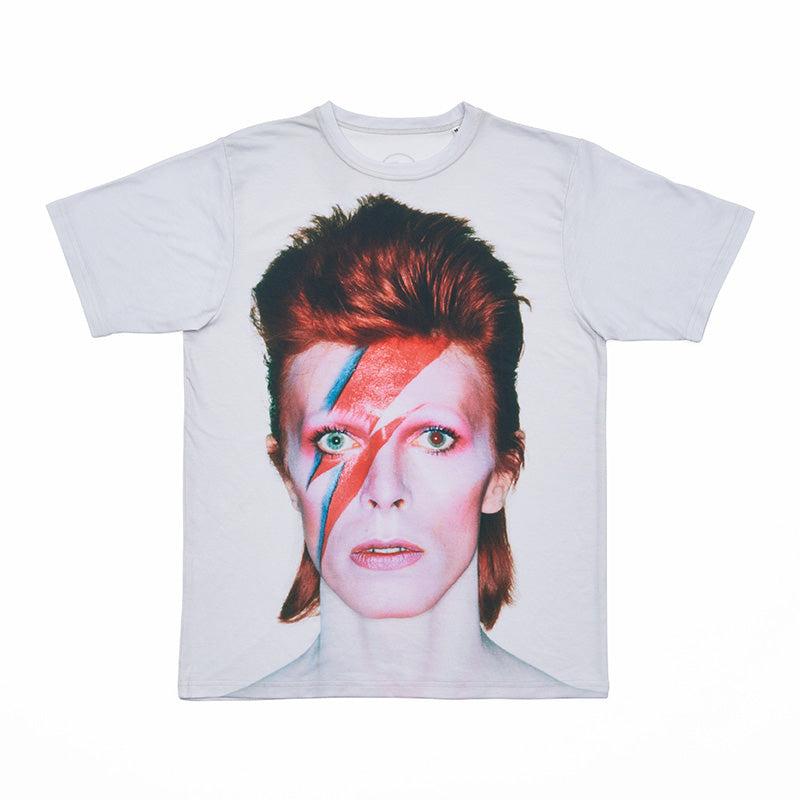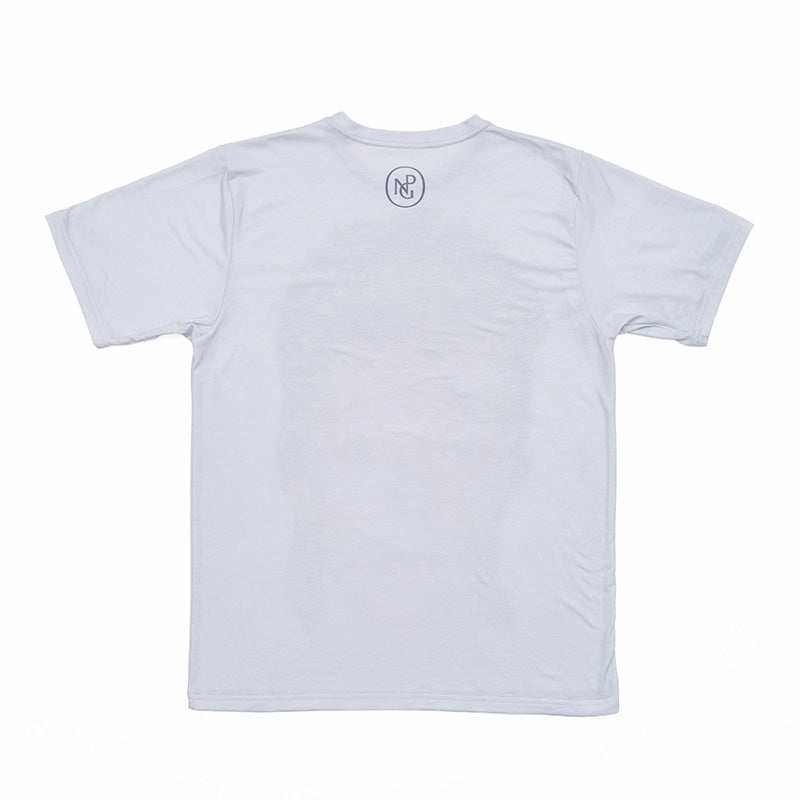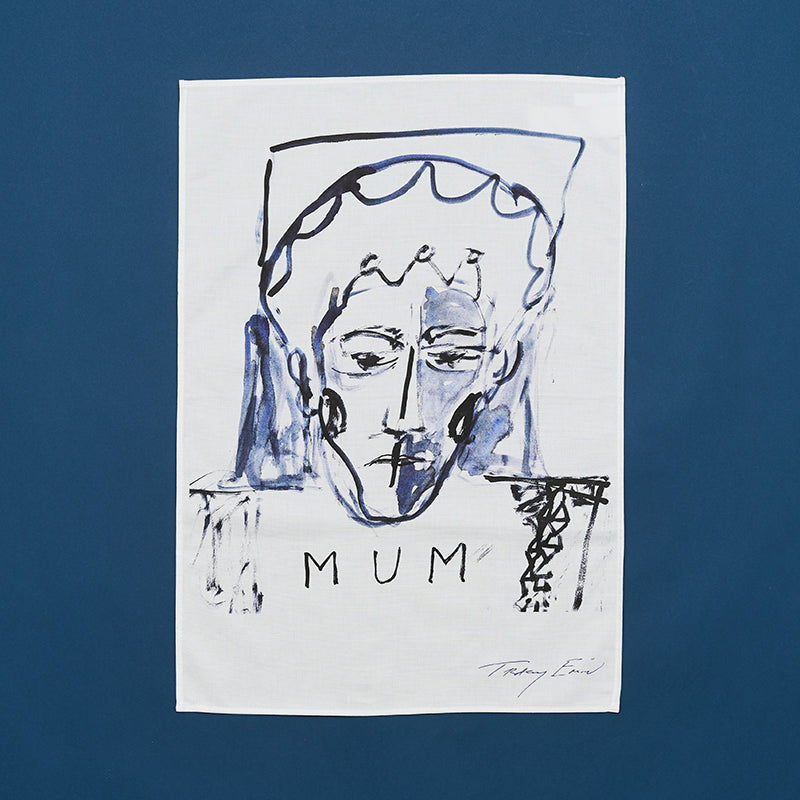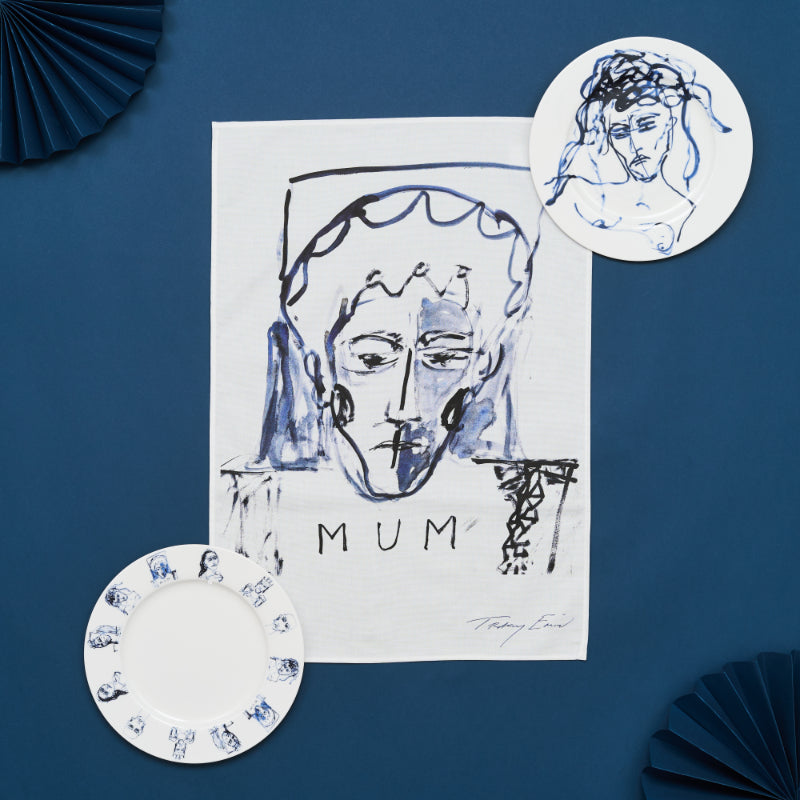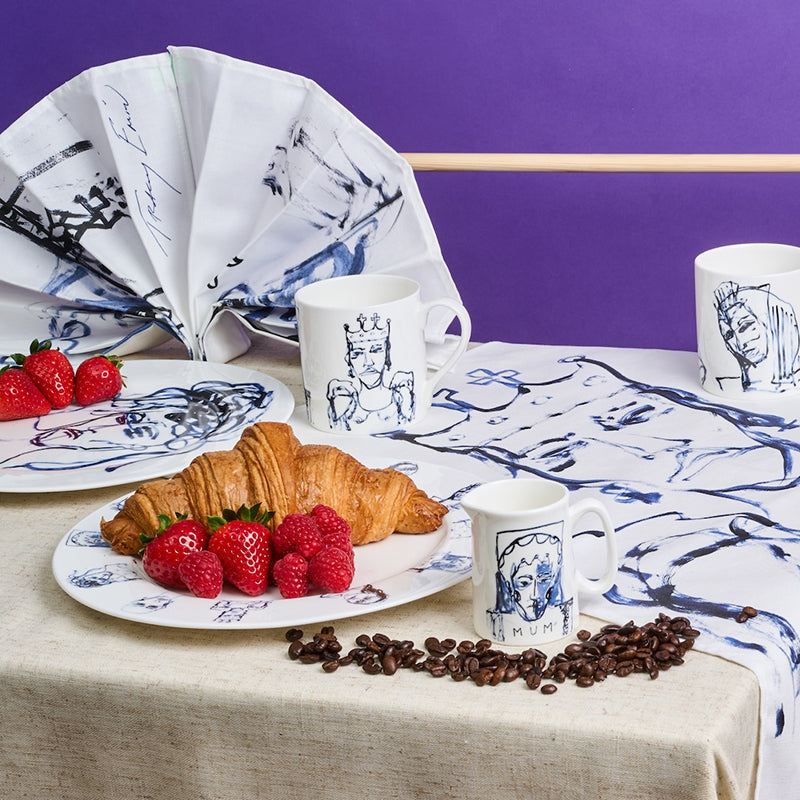William Eggleston Portraits Hardcover Catalogue
Vivid, poetic, even mysterious, the works of the pioneering American photographer William Eggleston portray life in his home town of Memphis, Tennessee, and the people he encountered, from the 1950s to the present day. This book, which accompanies a major exhibition at the National Portrait Gallery, London, includes both well-known and unseen portraits from Eggleston’s long career, to provide a fresh perspective on one of photography’s most influential practitioners.
Format: 28 x 27.5 cm
Extent: 184 pages
Illustrations: 120 images
More about the artist:
Phillip Prodger is a museum professional, curator, author and art historian and he currently works as a research scholar at the Yale Center for British Art.
This catalogue also has an appreciation by American director, screenwriter, and producer, Sofia Coppola.
product-details-split
‘I want to make a picture that could stand on its own, regardless of what it was a picture of. I’ve never been a bit interested in the fact that this was a picture of a blues musician or a street corner or something.’ – William Eggleston
William Eggleston’s photographs are special for their eccentric, unexpected compositions, playfulness, implied narrative and, above all, his portrayals of people. Over the past half-century he has created a powerful and enduring body of work featuring friends and family, musicians, artists and others.
Eggleston frequented the 1970s Memphis club scene, developing friendships and getting to know musicians, including Ike Turner, Alex Chilton and others. His fascination with the nightclub culture resulted in the experimental video Stranded in Canton (2005), which chronicles visits to bars in Memphis, Mississippi, and New Orleans. At the same time he encountered and photographed the likes of Dennis Hopper, Eudora Welty and Walter Hopps – and for a brief moment Eggleston even entered the Warhol Factory scene, dating the Warhol protégé, Viva.
William Eggleston: Portraits accompanies the first exhibition to explore Eggleston’s pictures of people. Works included span his career from the 1950s through to his well-known portraits of the 1970s to the present day. The catalogue includes an essay, chronology and beautifully reproduced exhibition plates, as well as a revealing interview with Eggleston and his close family members, conducted in Memphis by exhibition curator Phillip Prodger.
more-info-split




